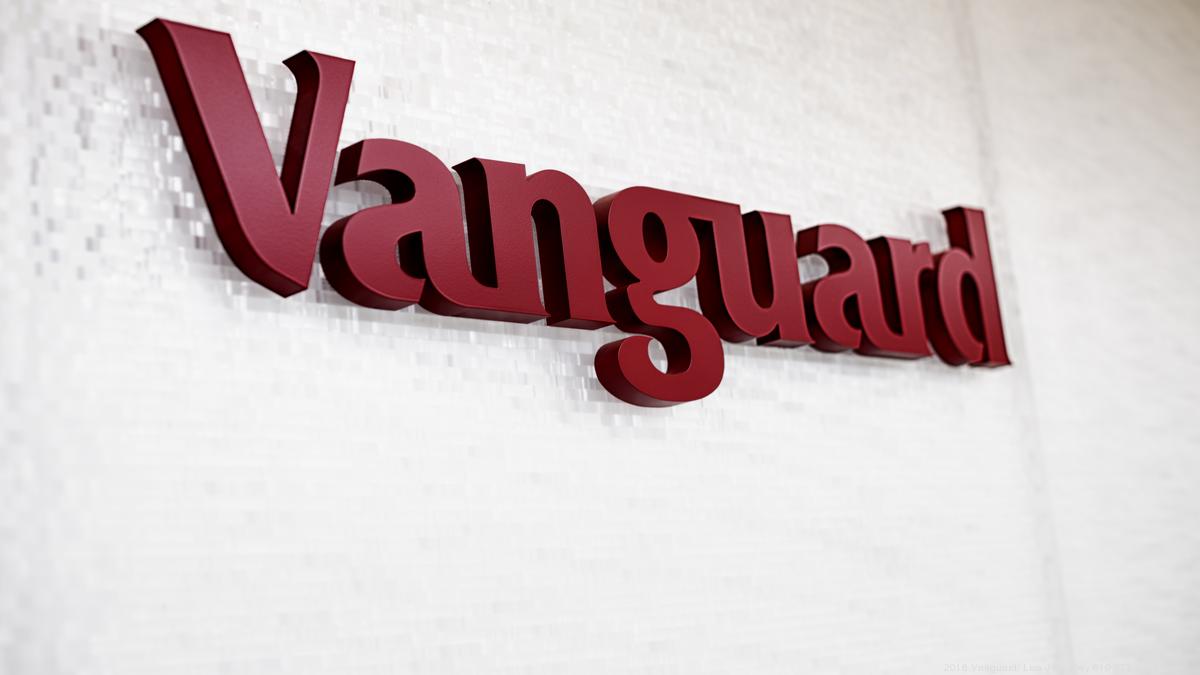Analysts of the investment company Vanguard predicted that the classic 60/40 strategy will bring investors good results in the coming years, writes CNBC. The collapse of the markets this year will help this tactic to show good results again. The 60/40 asset investment strategy is not dead and will work again for investors, according to the investment firm.
This year, the 60/40 portfolio strategy posted the second-largest annualized losses in history, Vanguard experts calculated. The portfolio of investors who used such a strategy in 2022 fell about 14.5% as of Oct. 31. The worst result was recorded only in 2008, when such a portfolio lost more than 20% of its value.
The 60/40 portfolio strategy has performed well over the past several decades. According to this strategy, an ideal portfolio should consist of 60% stocks and 40% bonds. This is a classic asset allocation option for many investors, who expect such a portfolio to provide relative investment safety while generating stable returns.
However, many investors have been disappointed with the portfolio’s performance this year and have abandoned the 60/40 investment strategy after significant declines in both the equity and debt markets.
“Many investors and clients fear that what they have seen this year is the new normal. They fear that the 60/40 strategy is no longer working,” said Vanguard economist Roger Aliaga-Diaz.
Investors should not abandon the 60/40 investment strategy, Aliaga-Diaz believes. He expects that after double-digit losses this year, the strategy could deliver an annualized return of 6.4% over the next ten years, and that such a portfolio could approach a more normal annualized return of 7% thereafter. From 1926 through 2021, the 60/40 portfolio produced an annualized return of 8.8%.
“Our view is that the 60/40 portfolio’s returns could be very similar to what they have been in the past,” the Vanguard economist believes. – The decline has been very painful, but we see a much rosier outlook going forward.”
In his view, a 60/40 asset allocation strategy will work better because stocks are no longer as overvalued as they used to be, and the bond portion of the portfolio should yield more.
Back in December 2021, stocks were overvalued by about 40%, the company said. Since the beginning of this year, the stock market has fallen nearly 18%, while bonds have fallen slightly less. Since the market collapse, equity valuations have become more appropriate. Asset prices are now lower, setting the stage for higher returns in the coming years.
In the past, simultaneous declines in stocks and bonds were seen on average every seven months, but this situation occurred for short periods of time. Extended periods when the stock and bond markets declined together have been observed much less frequently. According to Vanguard’s calculations, there has never been a three-year period of losses in both asset classes over the past 46 years.


